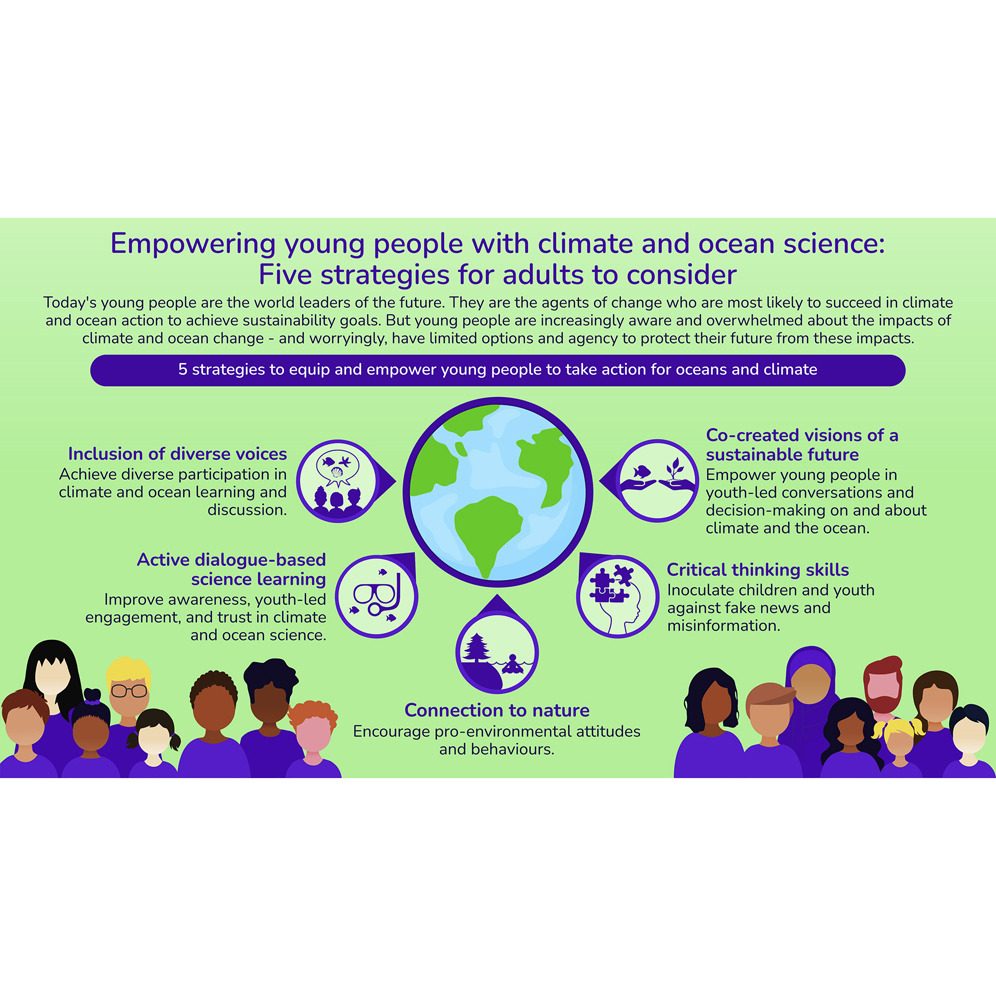The Lancet Psychiatry, Volume 8, Issue 8, August 2021, Pages 673-685.
An Article on substance use, in the context of SDG 3, focusing specifically on the difference in substance use between autistic and non-autistic people.
Elsevier,
Trends in Food Science and Technology, Volume 126, August 2022
The anticipated effects of climate change on microbial food safety are both direct (e.g., on microbial prevalence) and indirect (e.g., increased risk of floods on water microbial contamination). This paper highlights the necessity to build a quantitative framework to evaluate the effects of climate change on microbial food safety.
Elsevier,
Building and Environment,
Volume 223,
2022,
109500
Selection of appropriate material type and colour-tone, together with the provision of shade can remove the hazard risk for contact skin burns from outdoor playgrounds. Results of this work will assist playground designers and managers to provide safer places for our children to play longer in increasingly warmer summers.
Elsevier,
The Lancet Global Health, Volume 10, August 2022
This narrative review supports SDG 3 and 8 by summarising the available evidence on work and health issues encountered by Indigenous workers in Canada, in response to some of the calls to action put forth by the Truth and Reconciliation Commission of Canada.
Elsevier,
Current Developments in Nutrition, Volume 6, 1 August 2022
This article contributes to the debate around the use of participatory approaches by giving a tool (cameras) to the most marginalized to revitalize traditional foods (mostly nonmarket and even noncultivated) as a response to food insecurity and possibly malnutrition.
Elsevier, Preventive Medicine, Volume 161, August 2022
Experience of domestic violence has been suggested as a risk factor for diabetes. Longitudinal data from 5782 Australian women over 20 years were analysed. Childhood sexual abuse and intimate partner violence predicted subsequent diabetes. The association was only partly attenuated when obesity was taken into account. Awareness of a history of abuse may help in the management of obesity and diabetes in women.

![[2-column fit]. Normal red-green-blue (A, C, E) and infrared (B, D, F) images of in-situ playground surface temperatures at 3 of the 10 playgrounds visited within metropolitan Sydney (NSW, Australia).](https://sdgresources.relx.com/sites/default/files/1-s2.0-s0360132322007314-gr1_lrg.jpg)
